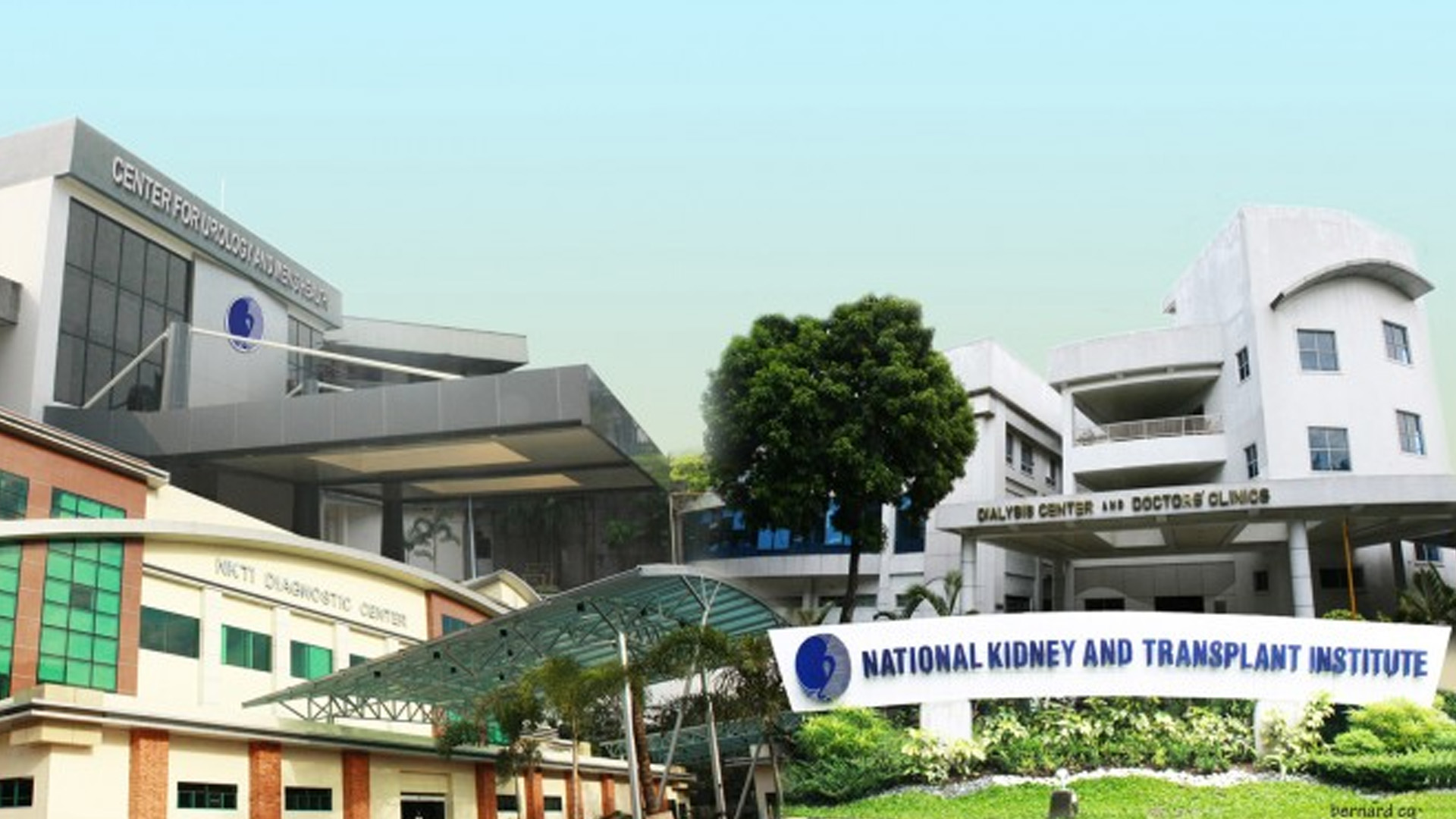The National Kidney and Transplant Institute (NKTI) held a transplant caravan at the General Santos Doctors Hospital as part of its mission to strengthen the country’s capacity for organ transplantation and renal care, an official said Monday.
NKTI Executive Director Rose Marie Rosete-Liquete noted the importance of accessibility of high-quality renal care for patients in Mindanao.
“We are equipping this hospital (GSDH), so that patients in General Santos (City) no longer need to travel long distances to seek treatment in Davao or Metro Manila,” she said in a news release. “By strengthening our network across Mindanao, we are ensuring that care becomes more accessible where it is needed most.”
The passage of Republic Act 11959 or the Regional Specialty Centers Act opened stronger collaborations between national and regional hospitals.
The NKTI has seen a steady increase in the number of patients suffering from chronic kidney disease (CKD). It served close to 35,000 outpatients and 27,000 inpatients in 2024 — a big jump from the 28,000 outpatients and 10,000 served in 2003 when its hemodialysis center became fully operational.
Current data show an estimated seven million Filipinos suffer from CKD, with one Filipino developing chronic kidney failure every hour.
The growth rate of CKD in the country stands at 35.9 percent, higher than the global average rate of 9.1 percent to 13.4 percent.
While the NKTI has been instrumental in training and capacitating health care workers in the past, its transplant caravan focuses on new priority areas that need targeted intervention.
Regional hospitals face challenges in kidney transplantation such as limited access to donor kidneys; lack of accessibility of essential immunologic tests in many regional hospitals; and stymied post-transplant follow-up and long-term care, especially in managing immunosuppression and monitoring organ rejection.
They also experience a shortage of specialized health care professionals such as nephrologists, surgeons, and specialized nursing staff; training programs to develop the same; access to biopsy services key to proper rejection diagnoses; and financial insurance.
The NKTI has committed to sharing human resource training, operational support, and clinical guidelines and kidney transplant protocols to help GSDH meet these challenges.
GSDH hospital staff were likewise sent to the NKTI for specialized training in transplant coordination, with two more staff members set to undergo transplant nursing training. (PNA)







